The female key workers facing sexual harassment on the Covid frontline
‘Three other female staff members had been also been assaulted by the same man,’ says supermarket worker
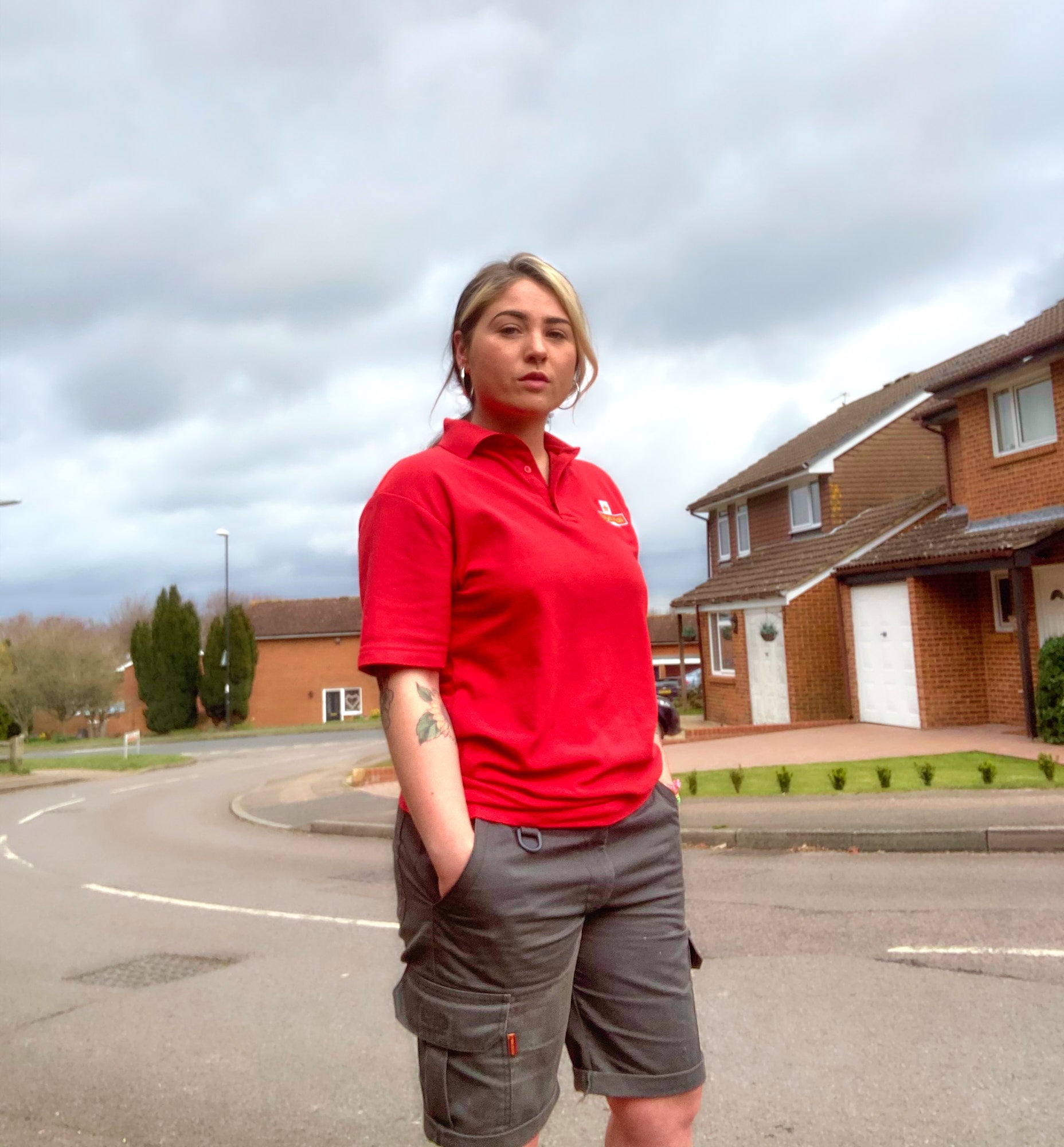
Your support helps us to tell the story
From reproductive rights to climate change to Big Tech, The Independent is on the ground when the story is developing. Whether it's investigating the financials of Elon Musk's pro-Trump PAC or producing our latest documentary, 'The A Word', which shines a light on the American women fighting for reproductive rights, we know how important it is to parse out the facts from the messaging.
At such a critical moment in US history, we need reporters on the ground. Your donation allows us to keep sending journalists to speak to both sides of the story.
The Independent is trusted by Americans across the entire political spectrum. And unlike many other quality news outlets, we choose not to lock Americans out of our reporting and analysis with paywalls. We believe quality journalism should be available to everyone, paid for by those who can afford it.
Your support makes all the difference.It is no secret that women make up a substantial proportion of those working in key worker roles. Some three-quarters of NHS workers and teachers are women, while over eight in ten in the adult social care workforce are female.
As they work all hours of day and night to keep the country running during the pandemic, many women working in frontline roles have experienced sexual harassment, misogynistic abuse, and discrimination during the Covid crisis.
Eliza Hatch, a photojournalist who started a project which shines a light on street sexual harassment called Cheer Up Luv, has launched a new portraiture series titled Frontline Harassment which explores the intimidation and harassment female key workers are routinely forced to endure.
“Over the past year, with all the focus being on essential workers during the pandemic, I wanted to hear some of the stories from the frontline that rarely take centre stage,” Ms Hatch, who has shared the project exclusively with The Independent, says.
The personal testimonies of a postwoman, nurse, doctor, midwife, and supermarket worker - just some of those featured in Ms Hatch’s photo series - are featured below. While all of their stories are unique, they are united by the fact they have all suffered harassment while simply going about their jobs.
“It has mostly been women who have been on the frontline during the pandemic, working in essential roles such as nurses, carers, and supermarket workers who have been delivering us through the pandemic,” Deeba Syed, senior legal officer at Rights of Women, which provides free legal advice for women who have suffered sexual harassment at work, adds.
“Unfortunately, many have also had to work whilst experiencing worsening harassment and discrimination. Callers tell us that perpetrators, who usually hold a position of authority and power over the victim, have used the pandemic to their advantage to abuse women.
“For example refusing to furlough them when they have furloughed others, subjecting them to ever-increasing harassment due to less witnesses being around, and now as employers announce redundancies women who have reported sexual harassment find themselves being unfairly selected for redundancies as a means of punishment for speaking out.”
She warned employers “desperately” need to get a grip to enable women working in frontlines roles to carry out their jobs without being harassed.
Sascha Byrne - Postwoman

Ms Byrne, a postwoman, says she reached the point at the start of this year where she was having to fend off panic attacks whenever she was delivering post to houses where work was being done.
“I’d feel my gut twist as work vans past me, anticipating the shouts, leers and invasive comments about my body,” the 25-year-old says. “As a postwoman and I get catcalled and shouted at by workmen most days of my working week. Some weeks it’s every single day.”
She says she routinely feels scared and in danger while doing her job yet is forced to “smile and carry on walking” despite the fact politely smiling at men leering at her is the last thing she feels like doing.
“If I don’t respond I get shouted at more, or laughed at, so smiling is just the easiest option,” Sascha adds. “I’m tired of being treated like this - just for being a woman. Like my male colleagues, I’m literally just trying to work, trying to pay my bills.”
Rachelle Cox - Supermarket worker
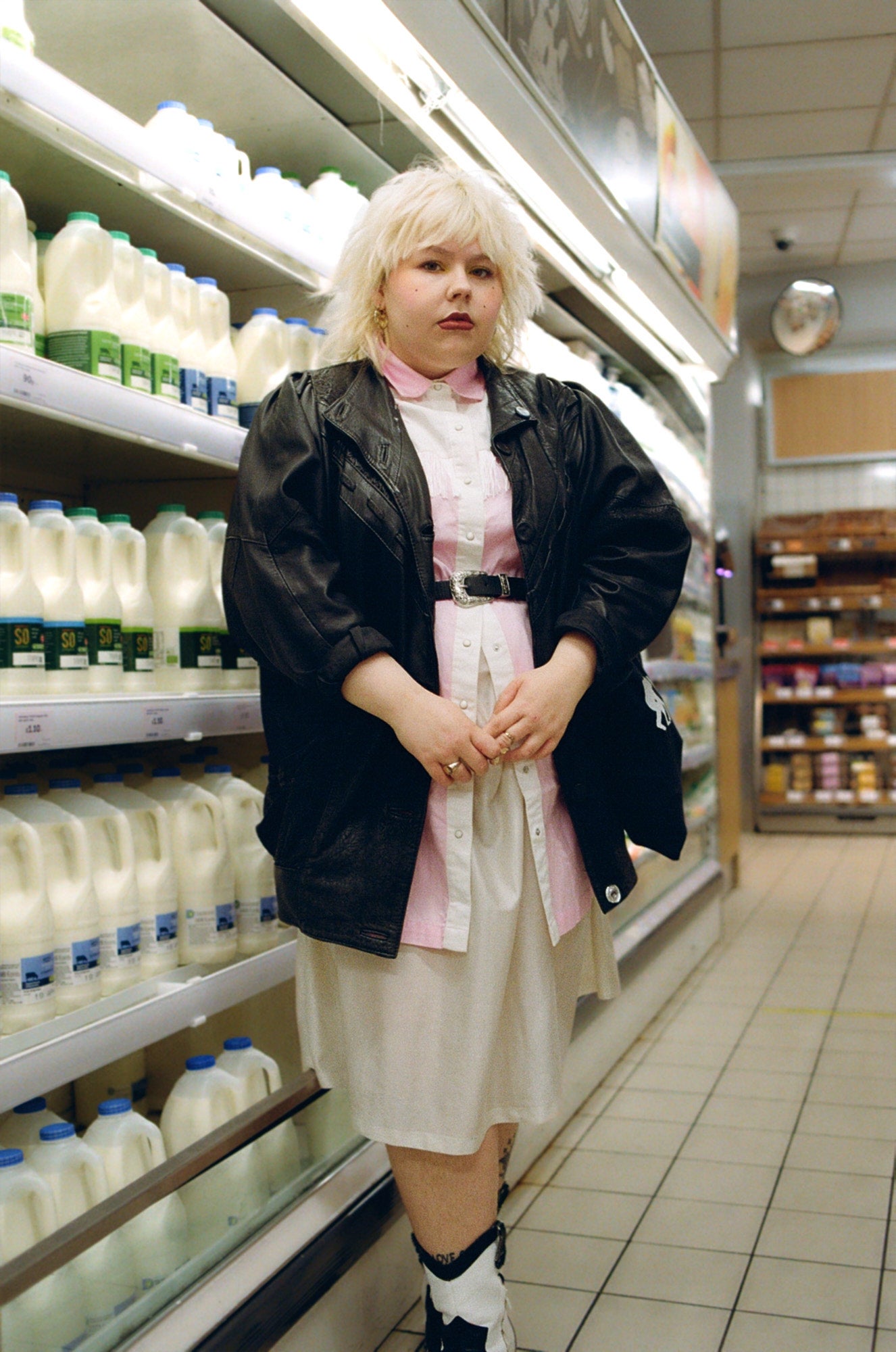
Ms Cox, who works in a supermarket, was minding her own business drinking water at the end of her till during the pandemic when she was suddenly groped by an elderly man.
“I felt overwhelmed with rage and frustration,” the 23-year-old adds. “A situation so many of us know too well. I shouted at him, telling him that he cannot touch me without consent. He laughed. I immediately reported it to my managers, but some of them didn’t believe me and thought it was an accident, or didn’t think it was as serious because ‘he’s just an old man’.
“After feeling defeated and hopeless, I started speaking to other colleagues about the situation. It came to my attention that three other female staff members had been also been assaulted by the same man.”
Ms Cox says she asked her managers to see if the man could be banned from the store but nothing happened for three months. “Every single day, for months, I had to come face to face with this elderly predator,” she adds.
Andleeb Ahmed - GP
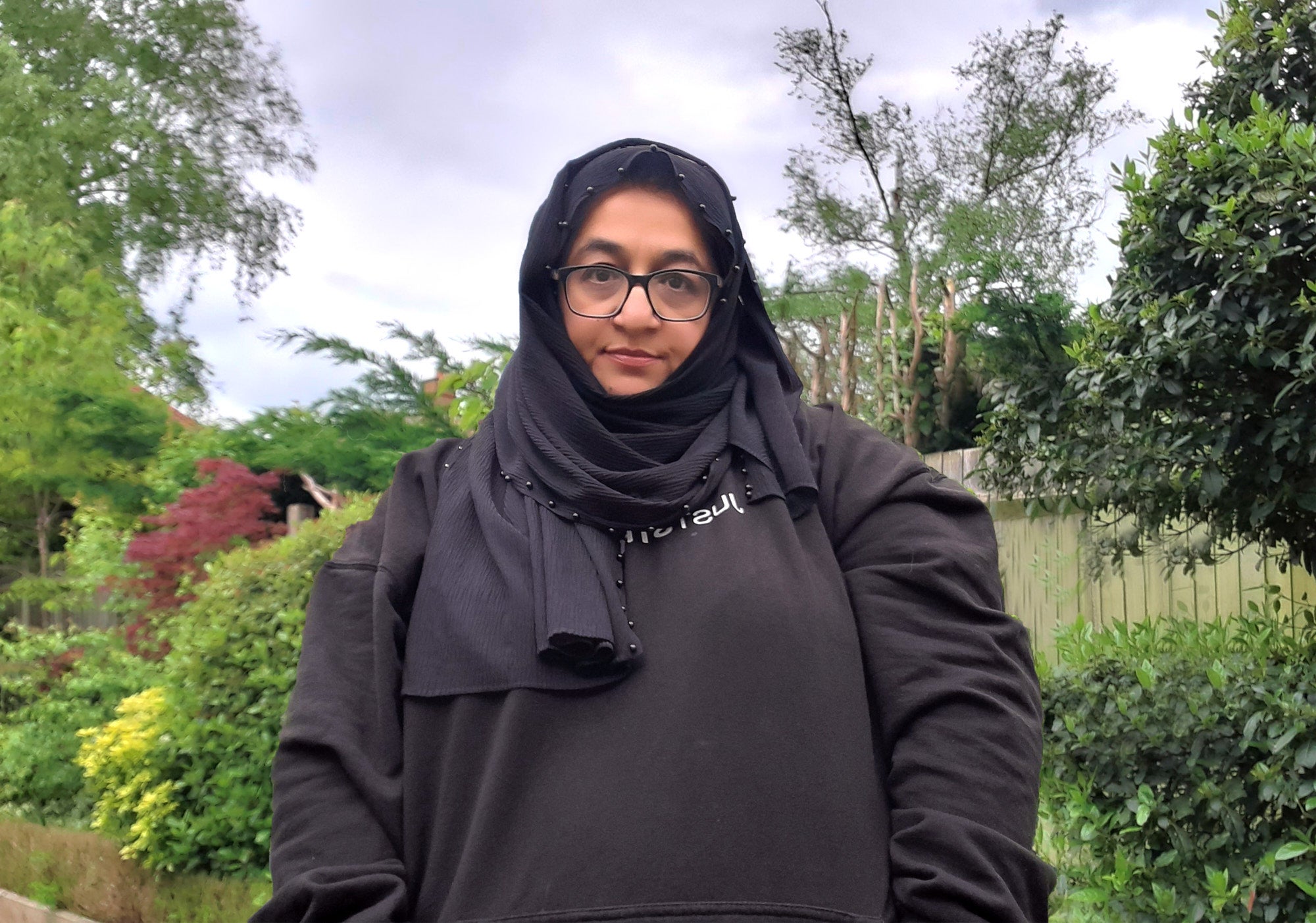
Dr Ahmed, a GP who works in North West London, says she was “harassed for being brown” while in medical school and working in the NHS.
“I have throughout my journey in medicine been pestered about, my commitment: ‘Your type just gets married and have babies’ my ability, ‘Are you sure you don’t want a male colleague to do this’,” the 51-year-old adds.
“And my knowledge base, ‘Wow you know a lot, you know considering’ and worse, refused treatment by a patient, ‘I ain’t being treated by no P*ki.’ More recently, as I started wearing a hijab, the level of intimidation increased from the overt ‘terrorist’ to microaggressions such as ‘gosh, aren’t you hot with that thing on your head.’”
Dr Ahmed said during the pandemic she has been taking 111 calls remotely due to the fact she has been shielding - adding that she has been subjected to a great deal of verbal abuse while doing so.
“When you have been working in the NHS for 25 years, you become quite numb to abuse,” she adds. “You become desensitised to swear words.”
She notes she has suffered abuse while doing work in the community to counter misinformation being spread about the Covid crisis - adding that this has predominantly come from men.
“They felt quite threatened as I’m a woman and I’m telling what I do,” Dr Ahmed adds. “It is a South East Asian cultural thing of women should be seen and not heard. Clapping for the NHS was just all gesture from the government. A lot of spin. And it has now been well forgotten. A distant memory.”
Lynn - Nurse
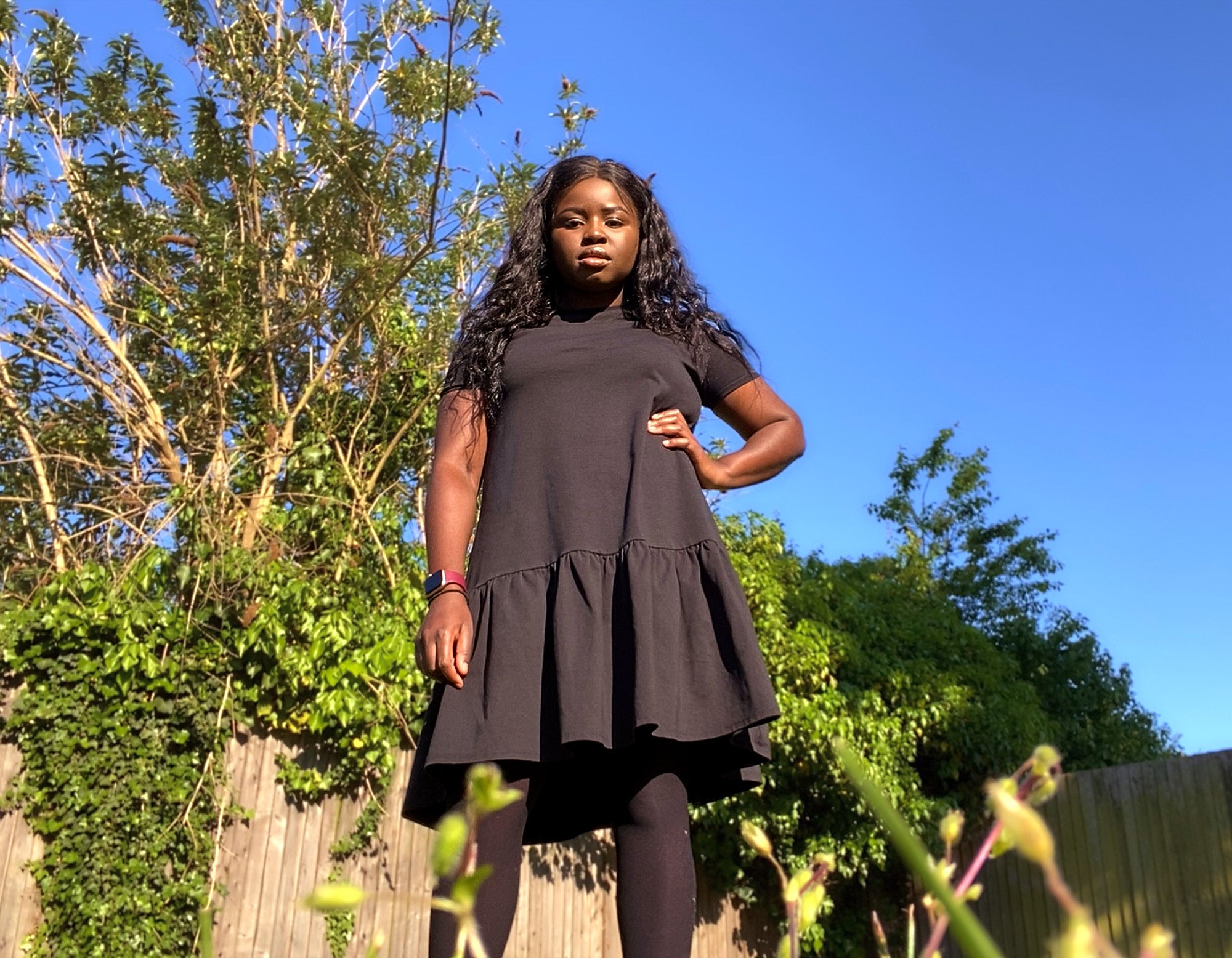
Lynn, who did not want her family name used, says she was sexually assaulted while working as a student nurse at a placement in a hospital.
“I was leaning over the desk and a patient walked past and groped my bum,” the 27-year-old nurse adds. “It was so bullish and aggressive that I immediately thought, did this actually happen? I was absolutely stunned and instantly felt tearful.”
She said the same patient who had assaulted her strolled past afterwards like nothing had happened despite the fact she was in tears.
Lynn adds: “My mentor’s disbelief and the patient’s nonchalant attitude, were the perfect gas-lighting tools to silence a naive student. Word soon spread about what had happened, and after that, It was clear there were people who ‘didn’t want to get involved.
“It’s not an argument, it’s not a fight, it’s sexual harassment. We should take sides, the right side! This is not the first or the last experience, but this was the first time I realised that zero tolerance is but a token, and most people don’t want to get involved.”
Dani Bowen - Midwife
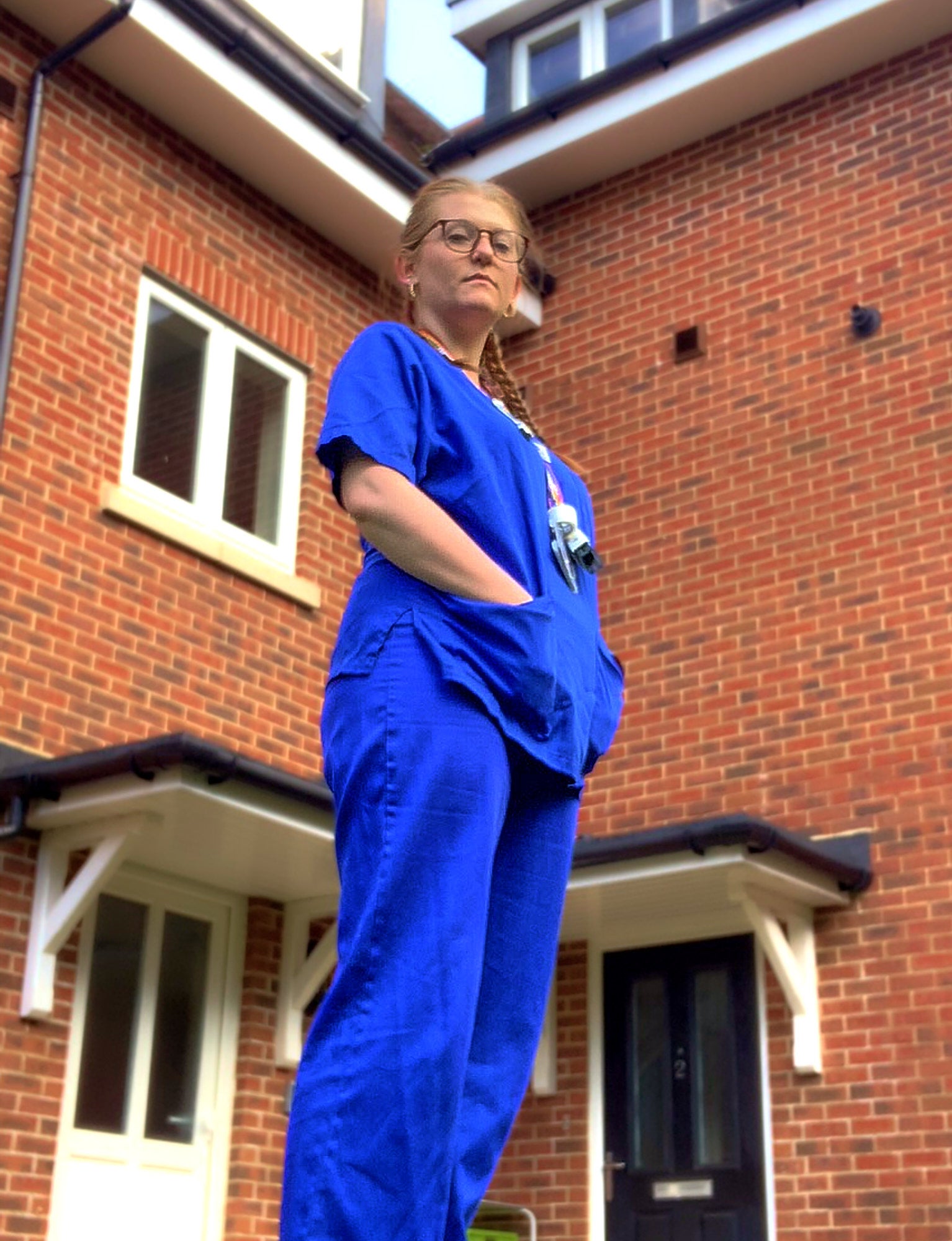
Ms Bowen, who works as a midwife at a hospital in South West London, says she had an unnerving encounter with a colleague who was training her.
The 26-years-old adds: “I was alone with the guy doing the training, in a tiny room with the door closed, which I found intimidating enough. He kept mentioning how he had a friend who would happily marry me and give me kids if I wanted.
“He started saying how I was ‘one of those independent types’ and said I must be a born again virgin. I couldn’t believe he was saying these things to me, and I just laughed awkwardly not really sure how to reply.
“He then put his hand on my thigh and said ‘It’s okay, you’re just a girl who doesn’t need good dick.’ I honestly thought I had misheard him. It wasn’t until I told my colleague what had happened that it dawned on me how inappropriate it had been. I think I was even more shocked because it happened in work, and he was a colleague.”
Kiran Rahim - Doctor
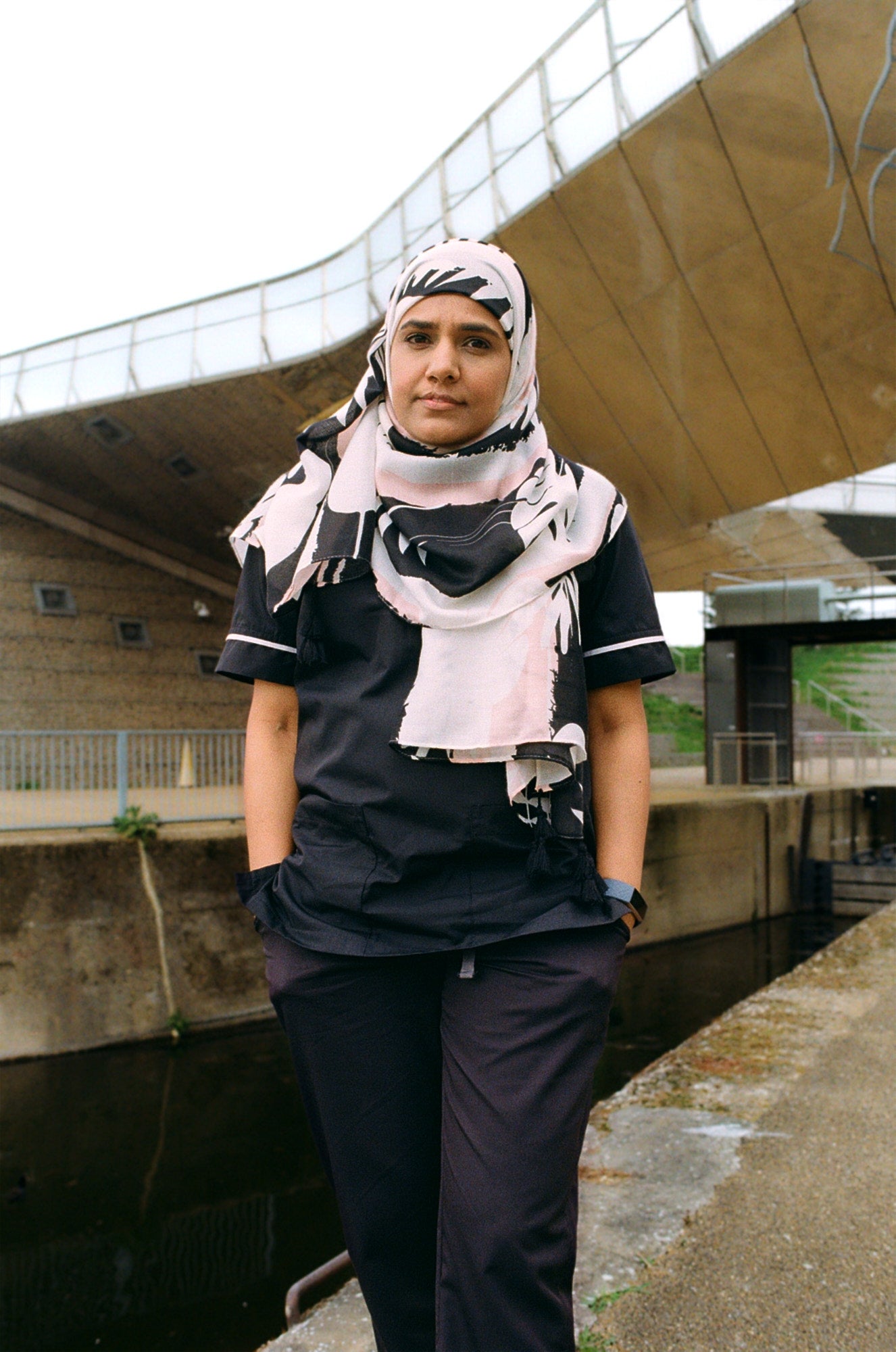
Ms Rahim, a doctor, states racism within the NHS is a “longstanding issue” - adding that she has multiple stories she could recount.
“But one senior matron really stands out,” the 35-year-old adds. “I was a junior doctor and she routinely harassed me over my choice of foods, ‘What brown shit are you eating today,’ - ‘All your food stinks,’ - ‘God how do you eat that.’”
She said she would be eating dishes like Daal and Thai green curries in the staff room when her senior colleague would make these remarks.
Ms Rahim adds: “I was one of the few brown Muslim staff members, and so junior I didn’t have the courage to speak up. Eventually, I stopped eating in the staff room and went across the hospital to the Doctors Mess.
“The harassment then escalated to things she could critique in my performance as a doctor. She would tell my seniors I refused to answer the bleep, or that I missed stuff or even I left early. Eventually, another white male doctor stepped in and said he’d be reporting her if she didn’t stop. It stopped the obvious abuse, but then she found ways to sneer at me for this.”




Join our commenting forum
Join thought-provoking conversations, follow other Independent readers and see their replies
Comments